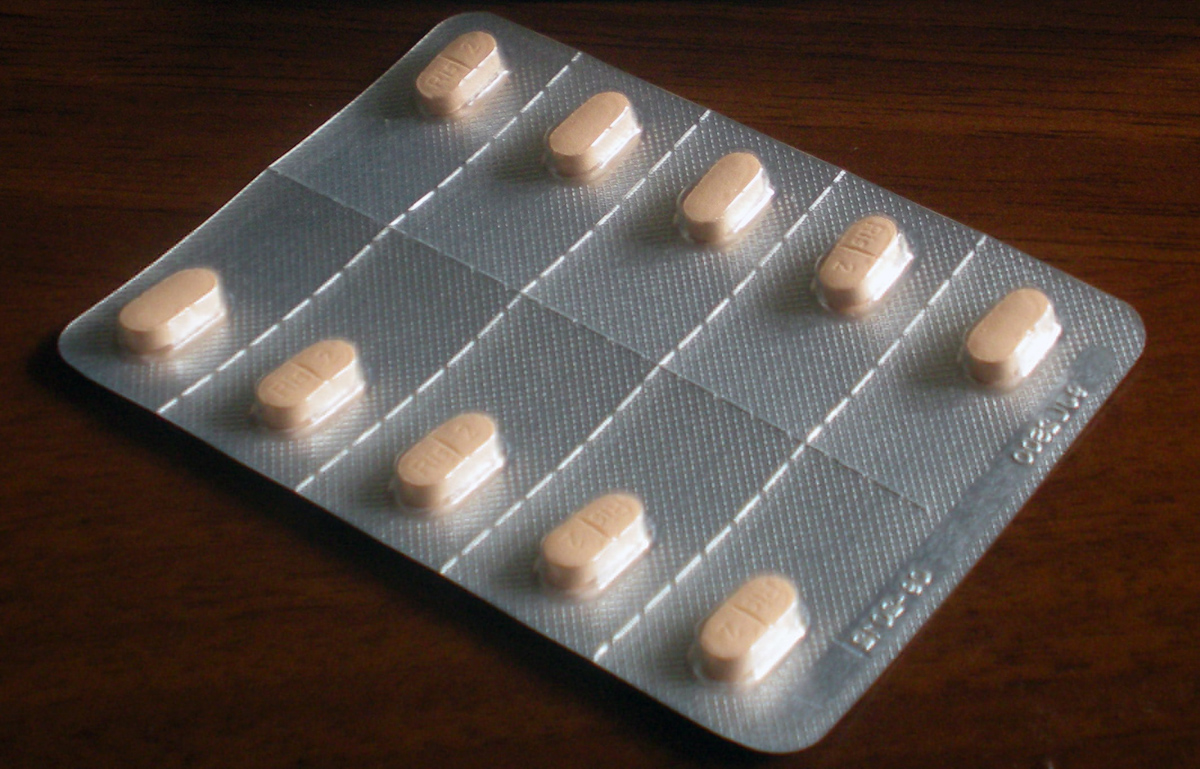
What kind of a medication is risperidone and when is it used?
Risperidone or Risperdal is a medicine that belongs to the group of the atypical antipsychotics, and is used in the treatment of the conditions such as bipolar disorder, schizophrenia and certain symptoms of autisms, such as irritability, for example. However, it is important to point out that it does not have the power to cure either of these conditions; it only keeps the symptoms under control either by blocking or by decreasing the effects of certain chemicals in the brain, which generally tend to be increased in people suffering from various types of psychosis. That way, the condition such as schizophrenia, for example, is prevented from worsening.
Possible side effects of risperidone
Having in mind that this medication can only be acquired with the prescription, it should be clear enough that it has to be used in the proper way, and that the doctor’s advice and instructions have to be followed carefully. Besides the fact that only then this medication will be beneficial and will work properly, this will also be a way to avoid many possible side effects, such as the ones related to overdosing with risperidone, or those which can occur as the consequence of interaction with some other medications.
Even though people usually react well to risperidone, there may be some exceptions, and a number of the patients who take it might experience certain side effects of this medication. If judging by the frequency, the most commonly experienced are sleepiness, increased appetite and the infections of upper respiratory tract. A bit less frequent are insomnia, tiredness, and increased salivation, while approximately every fourth patient is likely to feel pain in the stomach, heartburn, headaches and nausea.
According to the statistics, in less than 13 % of the cases, diarrhea or constipation, vomiting, a sore throat and problems with vision are possible, while it is also not excluded that a person may gain some weight due to the use of this drug, or that they may experience pain in the muscles, chest and back, or even toothaches. The symptoms requiring immediate medical attention are high blood pressure, rapid heart rate, muscle contractions that cannot be controlled and other abnormal movements of muscles, signs that may indicate diabetes or allergic reaction, and depression and suicidal thoughts. Very rarely people may have nightmares or vertigo, or they may develop cramps in legs, and anemia due to the use of this medicine.



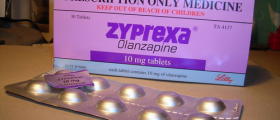
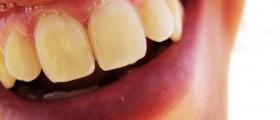

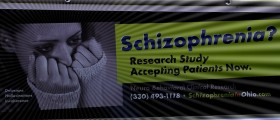


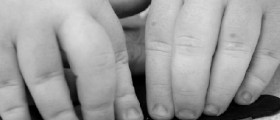

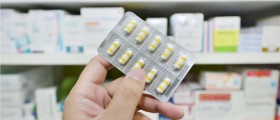



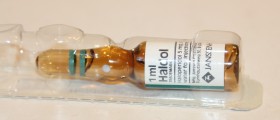
Your thoughts on this
Loading...